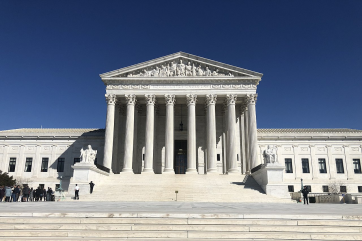College Board Survey: Food and Housing Fees More Expensive than Tuition
By Russell WesterholmStudent loan interest rates and rising college tuition prices are just a piece of the problem surrounding higher education and what it takes to earn a degree.
According to the Associate Press, the cost of basic necessities, like food and housing, are skyrocketing at an even greater rate than tuition. Students attending public two-year and four-year schools in their own state have been getting the worst of it.
A recent survey from the College Board shows that even despite the new student loan interest rates, freshly signed into law by President Barack Obama, the price of college is still extremely heavy.
In community colleges, students paid an average of $3,131 in-state tuition, which was up six percent from the previous year. Over the same span of time, room and board only increased one percent, to $7,419, pushing the total just over $10,000.
According to the survey, tuition combined with all fees is up 24 percent in community colleges.
Among public four-year institutions, students paid an average of $8,655, up five percent from the previous year. Housing cost $9,205 on average, costing more than $17,000 in total fees and costs.
When a student chooses a public four-year school out of his or her state, the total cost jumps to just over $30,000. While room and board remains the same in this instance, tuition more than doubles to $21,706, good for a four percent increase.
Private four-year schools are still the most expensive, but even they saw increases across the board. All expenses and fees totaled $39,518 on average, a four percent jump from the previous year. After adjusting for inflation, private school tuition has gone up 13 percent over the past five years beyond overall inflation.
The student loan bill signed by Obama was a bipartisan bill that represented a rare and long-awaited truce between Democrats and Republicans. While Democrats wanted to keep the rates down, Republicans wanted to tie them to the financial market allowing them to fluctuate with the economy.
The bill ties the rates to the financial rates, but will lock them to one figure for an entire academic year. The bill will keep the interest rates low at 3.9 percent now, but as the economy is expected to recover, the rates will go up.








